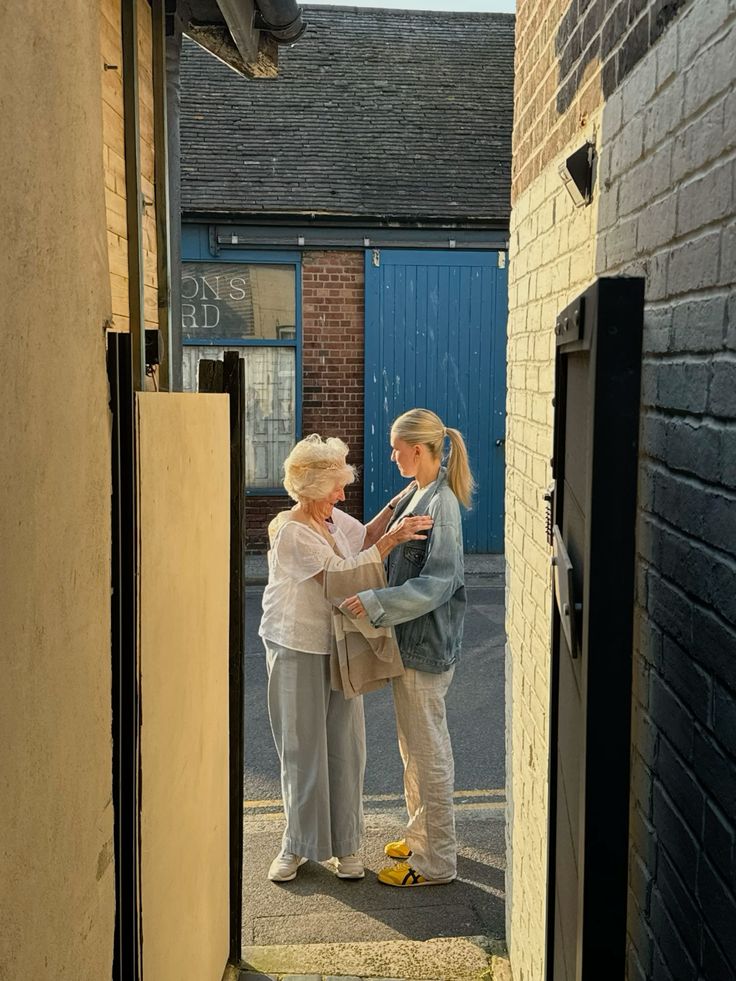Romantic comedies are nothing new to us. Their plots almost always surround a cheesy love story between a man and a woman battling predictable twists and turns and eventually coming full circle to a perfect, happy ending. The genre has been booming on the silver-screen for years and while it does tend to follow a certain story mold, there is something charming about it that viewers can’t get enough of. This particular rom-com, though, has received extra special attention in the media recently.
“Love, Simon,” released on March 16, employs a type of love that has only been romanticized a few times in movie history. It follows the life of a teenage boy named Simon who has a seemingly flawless life. On the surface, he has all the things a stable teen could want: a happy, upbeat family, a fun group of popular friends, a nice house in a nice neighborhood. However, Simon has a secret — something he can’t find the strength to tell anyone. Simon is gay, and his movie tells the too-true story of what it is like to grow up with a weight on your back that nobody knows you are carrying.
For decades, films with an LGBTQ+ focus tend to have fallen into an obscure, indie genre. When we do see homosexual characters employed in mainstream movies, they’re always cast as either a bullied punching bag or one of those “gay best friends.” “Love, Simon,” however, trumps this train of thought that shies away from the idea of a gay protagonist, and answers many important questions along the way … What is it like when a character isn’t just being gay for the sole purpose of comedy? What kind of internal struggles would a closeted homosexual main character be feeling in both the long-run and day-to-day life? What could the other characters, big or small, do that could help or hurt this person?
Not only does “Love, Simon” beg all the right questions, but it also has the power to incite quite the social media storm. Many were wondering if there was a necessity for a movie of its kind, but even more believe that yes, there absolutely is. For the first time, LGBTQ+ teens are given a hero to look up to and, at the same time, relate to. Simon represents someone to believe in, someone they can watch and think to themselves, “if he can do this, so can I.” A precedent is being set for generations of film to come, and moviegoers everywhere are being inspired to stand up for the LGBTQ+ community. “Love, Simon” shows us that love is love is love, and that we need to keep spreading, supporting and showing that love in any way we can.





